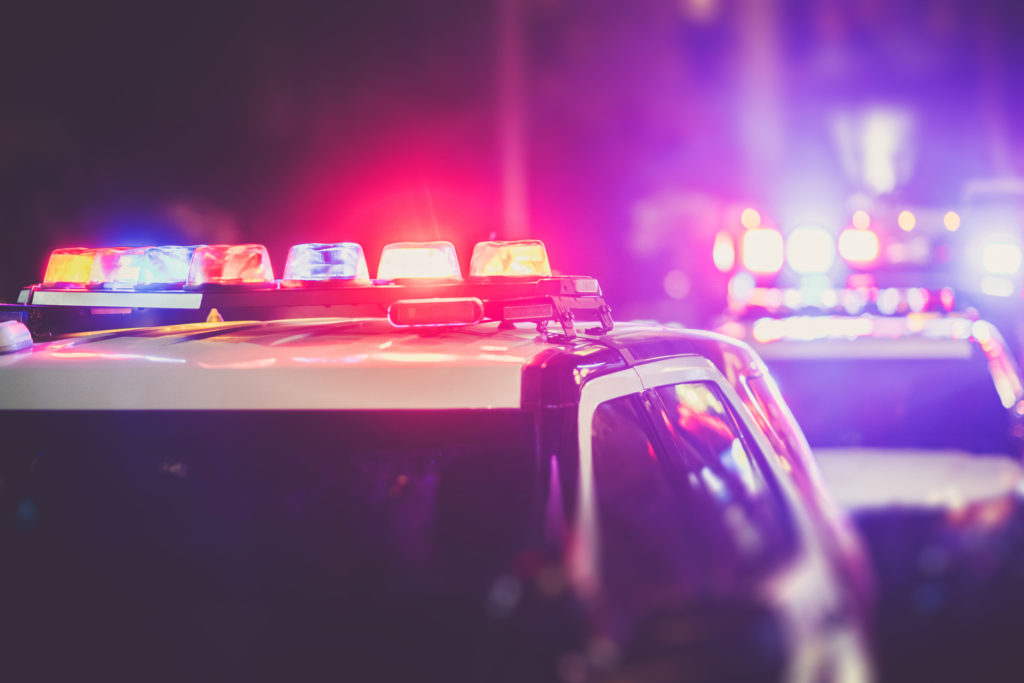CHICAGO, IL – In a city as bustling and diverse as Chicago, the relationship between law enforcement and the community is vital. While most police officers work diligently to protect and serve, instances of police brutality can and do occur. Police brutality refers to the use of excessive or unnecessary force by law enforcement officers, and it can have devastating effects on individuals and families. If you or a loved one has been a victim of police brutality, understanding the appropriate steps to take is crucial for seeking justice and holding those responsible accountable.
Understanding Police Brutality
Police brutality encompasses a range of actions by law enforcement officers that exceed what is considered necessary for the situation. This can include physical violence, verbal abuse, and other forms of misconduct. Examples of police brutality might involve excessive use of force during an arrest, unwarranted physical assault, or the use of racial or discriminatory slurs. The impact of such actions can be severe, leading to physical injuries, psychological trauma and long-lasting effects on the victim’s life.
Recognizing police brutality involves understanding the standards of conduct expected from law enforcement officers. While officers are granted certain powers to enforce the law, their actions must remain within the boundaries of what is deemed reasonable and necessary. When an officer’s behavior deviates from these standards, it may constitute brutality.
Immediate Steps to Take After an Incident
If you or a loved one has been a victim of police brutality, taking immediate action is essential. The first priority is to seek medical attention for any injuries sustained. Even if injuries seem minor, a medical evaluation is crucial for documenting the extent of harm and ensuring that any potential injuries are treated promptly. Medical records will also serve as important evidence if you decide to pursue legal action.
Following medical attention, documenting the incident is the next critical step. Gather as much information as possible about what happened. This includes taking photos of injuries, collecting witness statements, and noting the details of the incident, such as the date, time, location, and the names of the officers involved. If possible, obtain any available video footage from the scene, as this can provide valuable evidence of the officer’s conduct.
Filing a formal complaint with the police department is another important step. Most police departments have an internal affairs division or a civilian oversight board that handles complaints of police misconduct. Filing a complaint initiates an investigation into the officer’s conduct and can lead to disciplinary action or other remedies. Ensure that you keep a copy of the complaint and any correspondence for your records.
Seeking Legal Recourse
Once you have documented the incident and filed a complaint, consulting with a qualified attorney experienced in handling police brutality cases is crucial. A skilled attorney can guide you through the complex legal process, help you understand your rights, and develop a strategy for pursuing justice. They can assist in gathering additional evidence, such as police reports and body camera footage and can represent you in negotiations or court proceedings.
In cases of police brutality, there are typically two main avenues for seeking justice: filing a civil lawsuit and pursuing criminal charges against the officers involved. A civil lawsuit allows you to seek compensation for damages such as medical expenses, lost wages, and pain and suffering. It also serves as a way to hold law enforcement accountable for their actions. Pursuing criminal charges is a separate process where the goal is to hold officers criminally responsible for their conduct. In many cases, victims and their families pursue both avenues to ensure comprehensive justice.
Addressing the Impact of Police Brutality
The impact of police brutality extends beyond physical injuries. Victims often experience emotional and psychological trauma, which can affect their overall well-being and quality of life. It’s important to seek support for these aspects as well. Engaging with mental health professionals, such as therapists or counselors, can help address the emotional aftermath of the incident. Support groups and community organizations may also offer assistance and advocacy for victims of police brutality.
Additionally, engaging with community organizations dedicated to combating police misconduct can provide valuable resources and support. These organizations often work to promote accountability and reform within law enforcement agencies, advocating for changes that can prevent future instances of brutality.
Contact a Police Brutality Lawyer in Illinois
Experiencing police brutality is a harrowing and challenging ordeal, but understanding your rights and the steps to take can make a significant difference in seeking justice and accountability. From seeking medical attention and documenting the incident to filing complaints and pursuing legal action, each step is crucial in addressing the wrongs done and obtaining the compensation and redress you deserve.
If you or a loved one has been a victim of police brutality in Chicago, reaching out to a knowledgeable attorney can provide the support and guidance needed to navigate the legal process. Our team is dedicated to advocating for victims of police misconduct and ensuring that justice is served. Contact us today at (312) 384-1920 to discuss your case and take the first step toward holding those responsible accountable.



